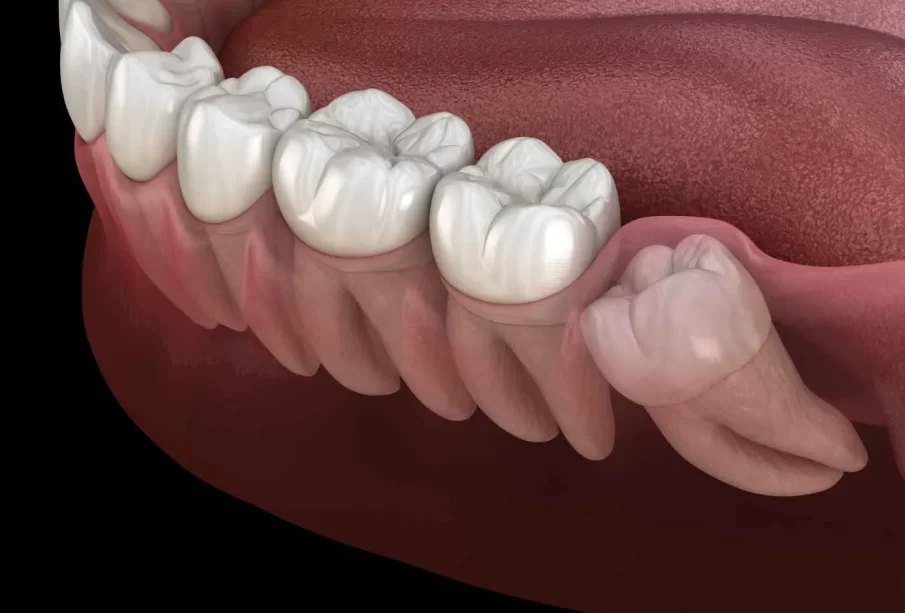When Should Wisdom Teeth Be Removed? Expert Advice

The significant benefits of removing the wisdom tooth are preventing teeth shifting, the occurrence of infections, and damage to the neighboring teeth. Knowing the process, measures, and financial control allows for better decision-making. To benefit from professional care meant for you, please visit a reputable dentist in Fairhope, AL, and take the initial protective measures for your dental health now and in the future.
Impacted wisdom teeth may
Wisdom teeth are a common dental issue for many individuals. These teeth do not have sufficient space to emerge into the oral cavity as they are supposed to.
- Incline towards the adjacent second molar tooth.
- Tilt towards the back of the oral cavity.
- Erupt at an angle of 90 degrees to the adjacent crown, as though the tooth in question is eruptive lying horizontally.
- It normally erupts up or down like other teeth in position but remains embedded in the jawbone out of functional use.
When to pull your wisdom Teeth
The choice to extract a mouthful of wisdom teeth or not will primarily rest on their current status, in that the presence of any problems with them or the prognosis of future issues will dictate the decision most of the time. Before all of your wisdom teeth are removed, it is advisable to seek answers to the following questions:
- Were your wisdom teeth the cause of some pain or injury to your jaw or adjacent teeth, or is such a possibility higher now?
- Do the wisdom teeth inhibit the proper growth of the other teeth?
- Will the wisdom teeth pose a risk to any other planned dental or jaw structure procedures or treatments?
- What surgery risks are involved?
- Can the wisdom teeth be a backfill for missing or structurally compromised molars?
Very often, individuals with misaligned front teeth or a small facial skeleton are concerned about the positioning of their teeth, especially about the eruption of the wisdom teeth. But that is not the case. This applies to such individuals, too: such individuals can be retained if the dentist does not predict adverse effects on other teeth from such molars.
Precautions You Must Take
Preparing for any surgical procedure is about preparing for the operation and the postoperative period. Here is the list of the precautions:
- Share Your Medical History: Disclosing any existing medical conditions and medications to your dentist is important. This prevents any distortion during or after the treatment.
- Ask About Sedation: Most probably, you will be sedated to provide comfort. Understand the alternatives and what is preferred for you.
- Plan Your Recovery: Extraction is a minor procedure, so no off days are required from work.

Post-Surgery Care: Dos and Don’ts
Dos:
- Rest: Take some time off, and keep your head high to avoid or reduce the swelling while at it.
- Use Ice Packs: To reduce the swelling, use in and out for 20-20 minute intervals.
- Keep Mouth Clean: Do not brush the raw area and rinse after meals using warm salted water.
Don’ts
- Do Not Assure Pain Relief After Surgery: Follow professional medical advice and take all prescribed medications, including pain relief, or use OTC.
- Do Not Eat Hard or sticky Foods. Eat soft foods to avoid irritating the wound or causing an infection.
- Do Not Smoke or Drink Alcohol: These reduce the recovery rate and add more problems.
- Do Not Play with the Place: Avoid licking or poking the area with your fingers to allow healing to take place.
Conclusion
The extraction of wisdom teeth becomes necessary when they are painful, crowd nearby teeth, or are likely to become infected. Removal promptly avoids future complications in the practice of dentistry. This will help you keep that beautiful and healthy smile for many years.













